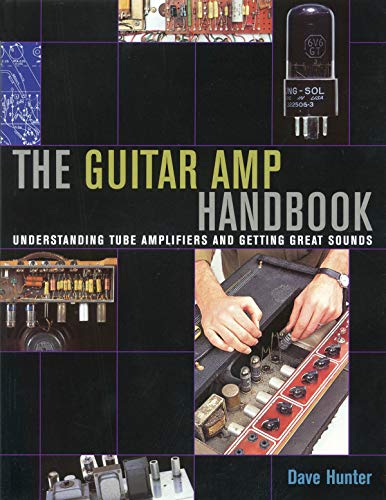Category 5
Well-known member
Fabio sent me some of his awesome boards, and i can hardly wait to start stuffing the op amps.
Only thing I am not straight on is how to do the transistor matching. Fabio suggested buying them in big lots (like 100) which is fine, but then how can I match them once I have them.
I wanth the op-amps to sound good, so I thought I'd better ask before I screw things up.
Shane
Only thing I am not straight on is how to do the transistor matching. Fabio suggested buying them in big lots (like 100) which is fine, but then how can I match them once I have them.
I wanth the op-amps to sound good, so I thought I'd better ask before I screw things up.
Shane

































